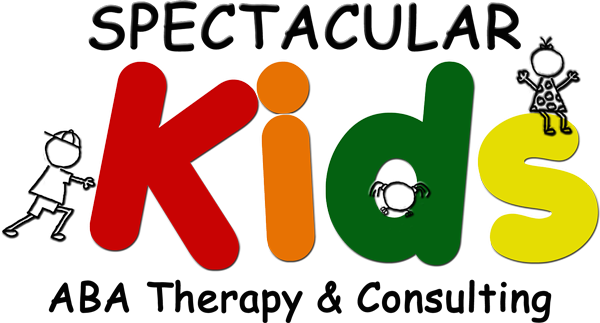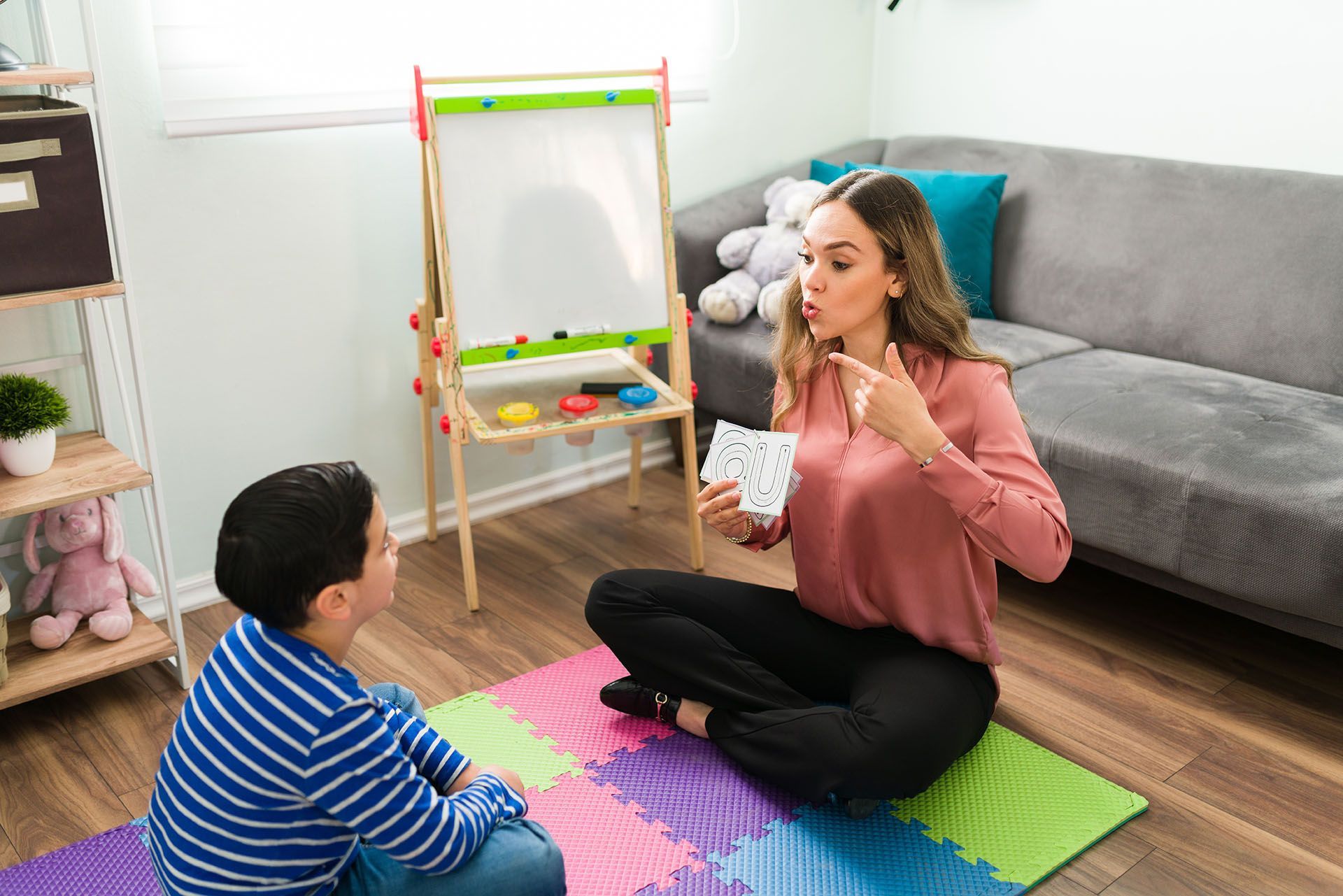Helping Your Family Fight the Stigma Associated With Autism
Individuals with a diagnosis of autism may face stigma and misconceptions. As a parent of someone diagnosed with autism, you can take meaningful steps to overcome negative stereotypes while advocating for your child. Let's explore proactive strategies that families can implement together to address stigma head-on.
Start With Education
Education is key in dismantling autism stigma within families and society. Take ample time to truly understand your child’s diagnosis — their unique abilities, challenges, needs, and strengths. Thoroughly share these insights with extended family to foster deep acceptance among those closest first. Gently correct inaccurate assumptions and myths when you encounter them among relatives. Provide factual information about autism spectrum disorder, autism treatment, and your child’s specific profile. Increased understanding can profoundly reduce stigma. Arm yourself and others with as much knowledge as possible.
Celebrate Your Child’s Multidimensional Self
Be your child’s biggest fan and celebrate who they are as a multidimensional individual. Talk up their quirky sense of humor, passions, talents, and positive qualities that have nothing to do with autism itself. Share fun stories highlighting your child’s gifts, accomplishments, and proud moments. This shows your child is a complex person with unlimited potential, not defined solely by a diagnosis. Your effusive pride and confidence will inspire more openness and acceptance in others.
Lead With Acceptance
As a parent, you set the tone for how extended family engages with your child. Don’t laugh at inappropriate jokes; calmly explain that certain misconceptions are harmful, not humorous. Politely yet firmly insist that loved ones refer to your child by name, not condition. Your daily example profoundly influences whether relatives approach your child with openness versus preconceived notions. Increased positive interactions can slowly transform stale misperceptions over time.
Find Your Village
According to the CDC, about one in six children have a developmental disability, so you are not alone. Connecting with other local families, including individuals with autism, can provide invaluable camaraderie and support. Exchange tips for responding to insensitive remarks and find allies to champion awareness campaigns. Lean on your community, online or in person, to strategize combating stigma. Their lived experience makes them uniquely able to listen, relate, and help.
Stay patient yet persistently vocal. With relentless understanding and advocacy, families can create positive change. Focus on highlighting your child’s humanity, needs, and strengths. Your efforts today help build a more accepting world for them tomorrow. At Spectacular Kids ABA Therapy and Consulting, LLC we provide early intervention services and autism treatment to help children reach their full potential. Reach out to us today to learn how to get started.
Share Post:
Leave Your Comment
Recent Posts
NEED MORE INFO?
If your child was diagnosed with Autism Spectrum Disorder, find out how ABA Therapy might be able to help your family.







